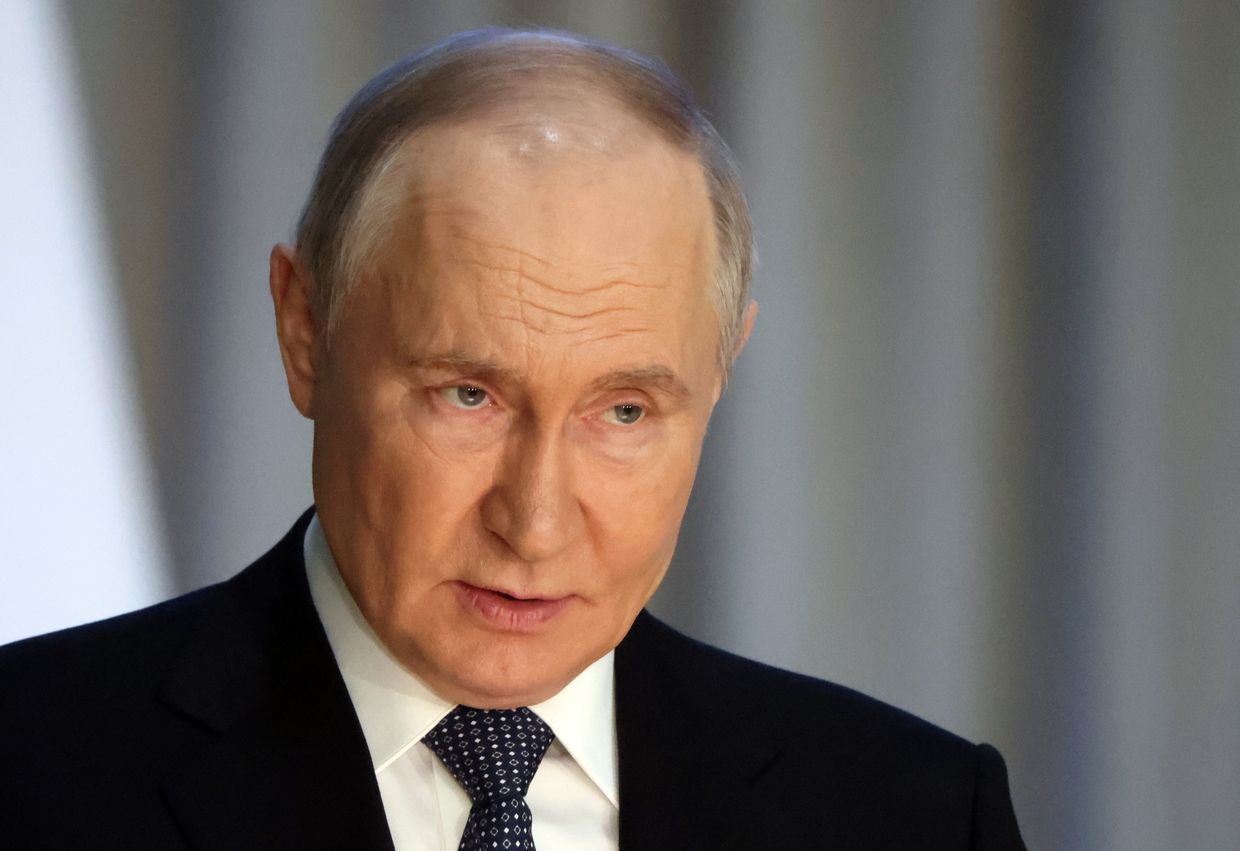Reuters: Ukraine struck fewer Russian bombers during Operation Spiderweb than estimated, US officials claim

Two U.S. officials told Reuters on June 4 that Ukraine struck as many as 20 Russian military aircraft during Operation Spiderweb, destroying around 10 of them.
The claims stands in contrast with estimates made by Ukraine's security service (SBU) which claimed more than 40 aircraft were hit in the June 1 attack.
A source in the SBU told the Kyiv Independent on June 1 that Ukrainian first-person-view (FPV) drones smuggled deep inside Russian and hidden inside trucks has hit 41 Russian heavy bombers at four airfields across the country.
The attacks rendered a significant number of aircraft irreparable, with others expected to take years to restore. The strikes targeted four key airfields—Olenya, Ivanovo, Dyagilevo, and Belaya—used by Russian strategic aviation involved in bombing Ukrainian cities.
The SBU claimed the operation caused approximately $7 billion in damage and disabled one third of Russia's cruise missile bombers.
The Kyiv Independent cannot independently verify the claims made by Ukrainian or U.S. officials.
The SBU on June 4 released new footage from its Operation Spiderweb, showing targeted strikes on Russian strategic aircraft across multiple airfields. From the footage, it is not immediately clear as to how many aircraft were destroyed.

Kyiv did not inform U.S. President Donald Trump about the operation ahead of its execution, and President Volodymyr Zelensky said on June 4 that Ukraine would not have carried out its drone strikes on Russian strategic bombers if Russia had agreed to a ceasefire.
Trump held an hour and 15 minute phone call with Russian President Vladimir Putin on June 4, which Trump described as a "good conversation, but not a conversation that will lead to immediate peace."
"President Putin did say, and very strongly, that he will have to respond to the recent attack on the airfields," Trump added, without making further comments regarding the "response" and did not say whether the U.S. had urged restraint.
Trump's Special Envoy for Ukraine, Keith Kellogg, warned that the attack could lead to escalations in the full-scale war.
"I'm telling you the risk levels are going way up," Kellogg told Fox News on June 3. "When you attack an opponent's part of their national survival system, which is their nuclear triad, that means your risk level goes up because you don't know what the other side's going to do."
Ukraine's drone strike followed several days of Russian escalation as Moscow launched some of the heaviest aerial attacks in the full-scale war over a span of three nights. Operation Spiderweb targeted some of the very bombers that rained destruction on Ukrainian cities and civilian targets.













